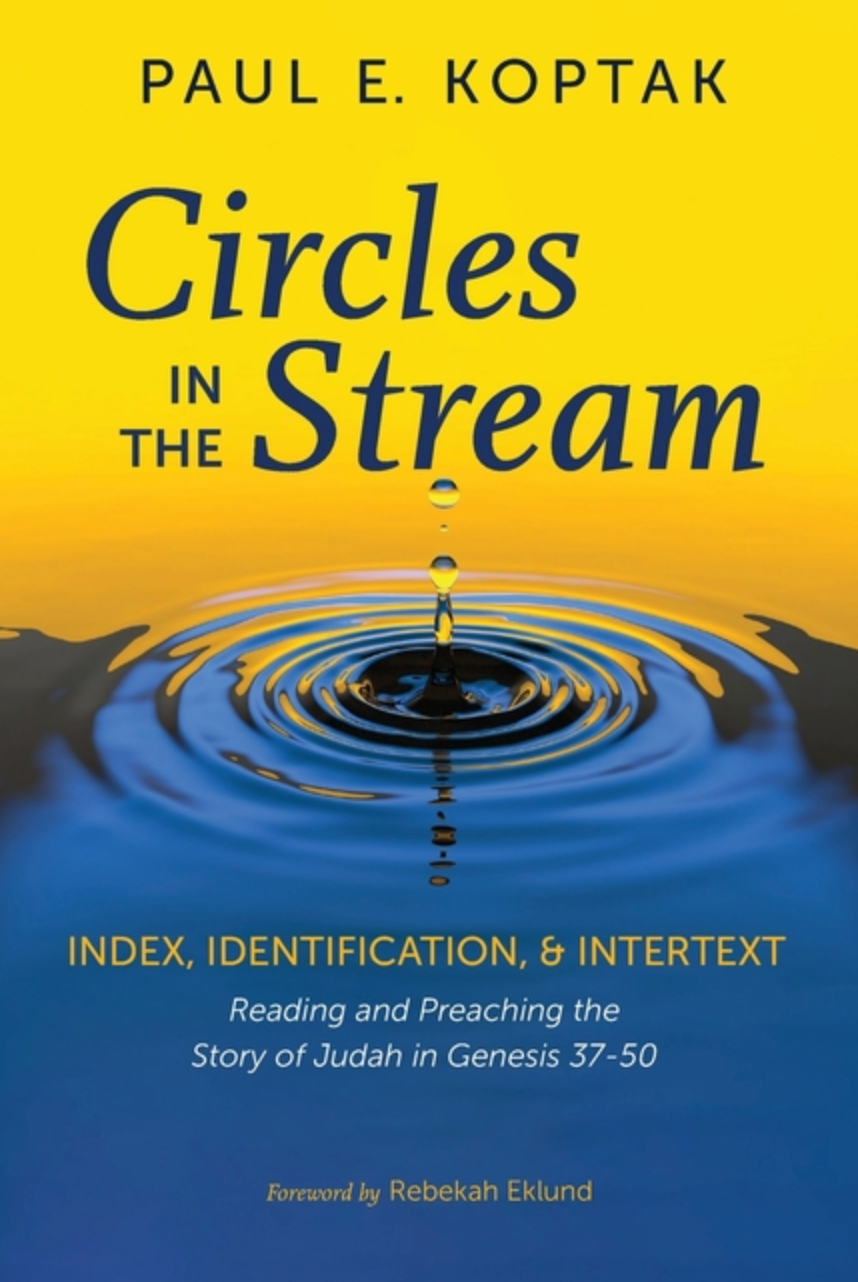1
/
of
1
Wipf & Stock Publishers
Regular price
$18.00 USD
Regular price
$23.00 USD
Sale price
$18.00 USD
Unit price
/
per
Shipping calculated at checkout.
Couldn't load pickup availability
Share
by: Paul Koptak
Maybe we should read Genesis 37-50 as the story of Joseph and Judah. Both kept their families alive and received major blessings from their father Jacob. Like his brother Joseph, Judah knew how to use words to lead and persuade, primarily by appealing to common experience. His speeches model Kenneth Burke's rhetoric of identification, ""inducing cooperation"" by showing his listeners how they are consubstantial--that is, where they stand together. Preachers hope to do the same, making gospel connections between ancient texts and life today. Circles in the Stream shows that the connections are there in the Scripture text, freeing preachers from the pressure to find contemporary illustrations. Adapting Burke's literary-rhetorical approach to reading, Paul Koptak offers ever-widening circles of reading to that end. Indexing a passage and looking for identification there lead to the transformative purpose and life issue. Intertextual study, a combination of both, discovers these connections in the wider two-testament canon. Circles in the Stream offers both a distinct perspective for reading Scripture and practical steps for in-depth study. Its method can make sermon preparation more efficient and effective. More importantly, it leads to the life-issues that listeners want their preachers to address.
View full details
Maybe we should read Genesis 37-50 as the story of Joseph and Judah. Both kept their families alive and received major blessings from their father Jacob. Like his brother Joseph, Judah knew how to use words to lead and persuade, primarily by appealing to common experience. His speeches model Kenneth Burke's rhetoric of identification, ""inducing cooperation"" by showing his listeners how they are consubstantial--that is, where they stand together. Preachers hope to do the same, making gospel connections between ancient texts and life today. Circles in the Stream shows that the connections are there in the Scripture text, freeing preachers from the pressure to find contemporary illustrations. Adapting Burke's literary-rhetorical approach to reading, Paul Koptak offers ever-widening circles of reading to that end. Indexing a passage and looking for identification there lead to the transformative purpose and life issue. Intertextual study, a combination of both, discovers these connections in the wider two-testament canon. Circles in the Stream offers both a distinct perspective for reading Scripture and practical steps for in-depth study. Its method can make sermon preparation more efficient and effective. More importantly, it leads to the life-issues that listeners want their preachers to address.


